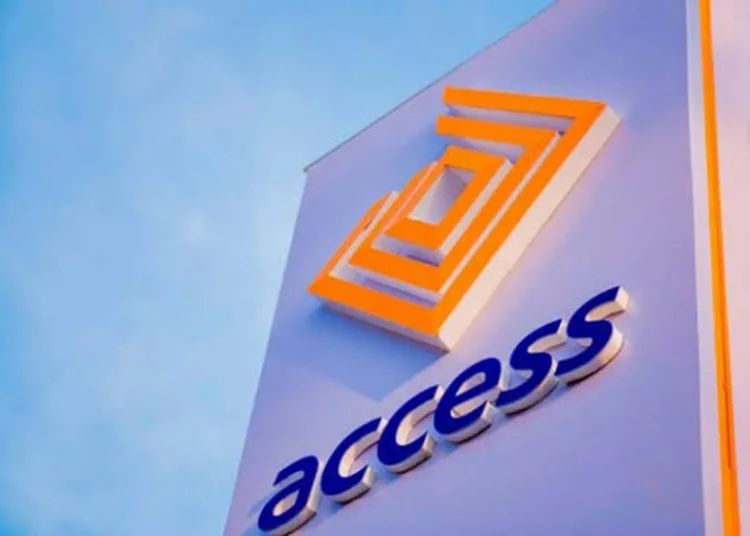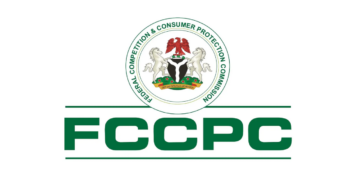Access Bank Plc has revised its Micro, Small, and Medium Enterprises (MSMEs) loan scheme from N30 billion to N50 billion, aiming to bolster support for small businesses in the country.
This, it stressed, aligns with the forthcoming disbursement of N75 billion to Micro, Small, and Medium Enterprises (MSMEs) nationwide in January 2024, in collaboration with the Bank of Industry (BOI).
Initially earmarked at N30 billion, Access Bank aims to expand its support to 4million MSMEs, women, and young individuals in Nigeria.
Disclosing this during a meeting at the Presidential Villa with vice president, Kashim Shettima, the bank’s Group managing director, Roosevelt Ogbonna said, the bank’s target is to enhance creation and funding of more businesses in the country.
The senior special assistant to the President on MSMEs and job creation, Temitola Adekunle Johnson commended the bank’s decision to increase the loan pool, emphasising its potential to positively impact more lives. Notably, beneficiaries are expected to receive the loans at a 15% discount, with potential reviews based on the loan’s performance after a year.
Vice President Shettima lauded the bank’s generosity and the collaboration’s influence on MSMEs, acknowledging the significance of Access Bank’s partnership with the federal government.
This upward adjustment of Access Bank’s loan to MSMEs, according to experts, is a crucial development for small businesses in Nigeria, saying an additional N20 billion infusion will provide vital funding to bolster business growth and employment creation.
The government’s intervention with a N75 billion fund, they said, is a promising initiative aimed at bolstering support for MSMEs, noting that collaboration with the Bank of Industry ensures efficient distribution, reaching businesses in need.
However, the success of these interventions, they pointed out, hinges on effective implementation, saying, Access and BOI need to ensure accessibility to these loans across all MSMEs, irrespective of size or location.
By supporting MSMEs, both the government and banks can significantly impact Nigeria’s economic landscape, fostering job creation and poverty reduction, they stressed.





